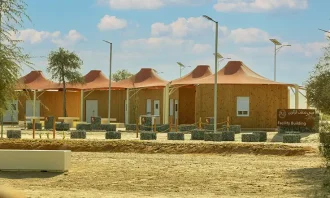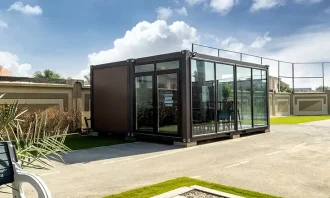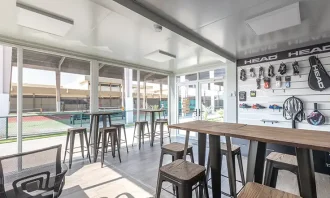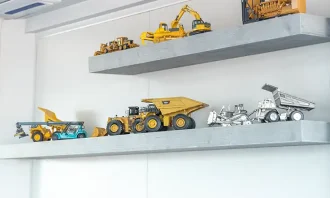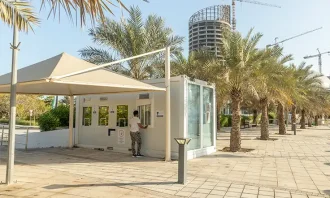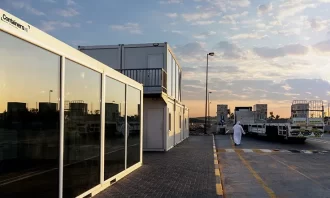Exploring Containerized Data Centers for Flexible and Efficient IT Infrastructure
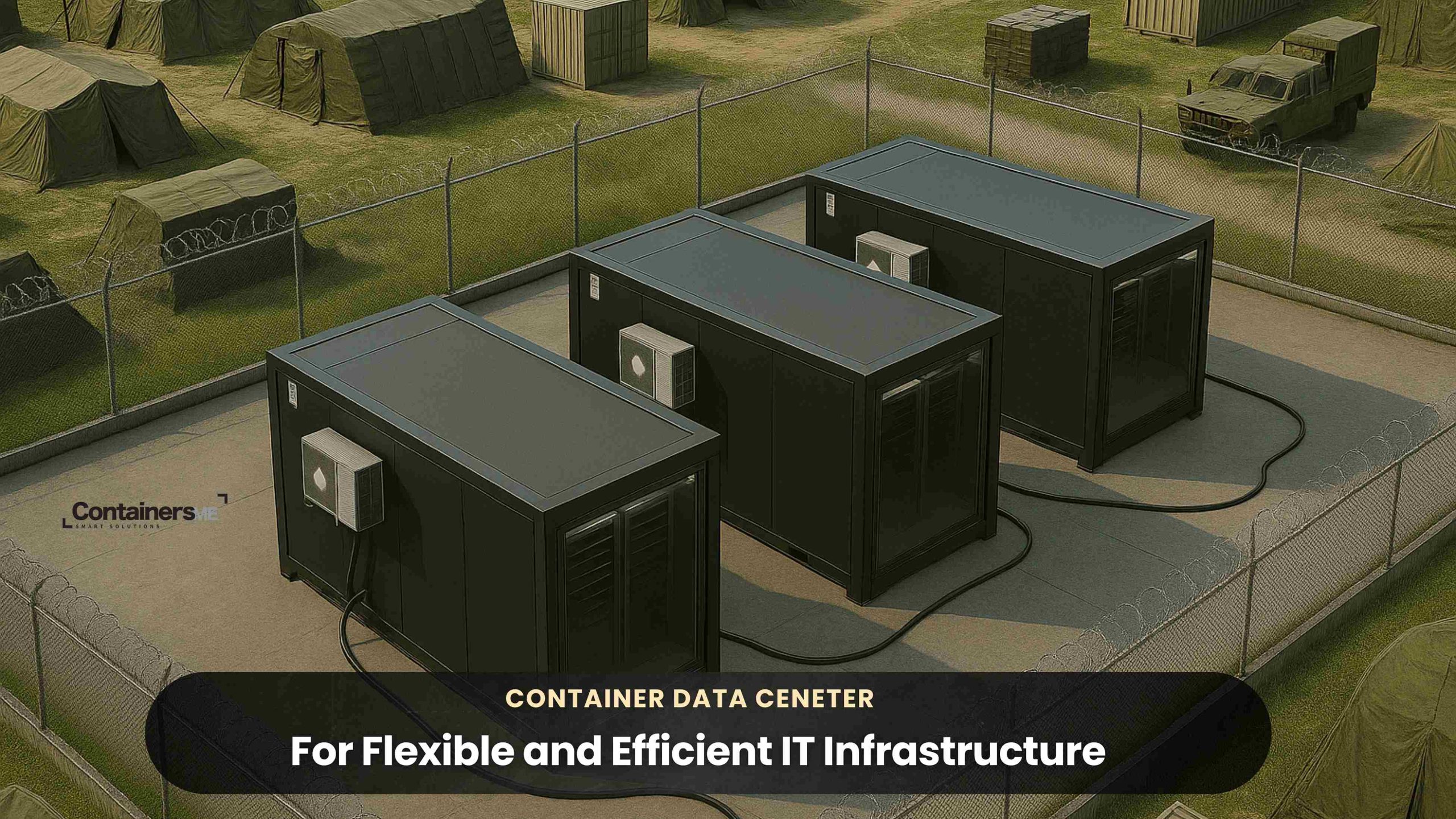
Container data centers have become a leading trend in modern IT operations, offering a flexible and efficient solution to housing critical infrastructure. Initially adopted by companies such as Microsoft and Google, the concept of using mobile containers for data centers gained traction in the early 2000s, particularly in military and defense applications. Since then, many businesses have turned to these modular units for secure, organized, and cost-effective data management. Here’s an in-depth look at containerized data centers and how they stand out from traditional facilities.
What Are Container Data Centers?
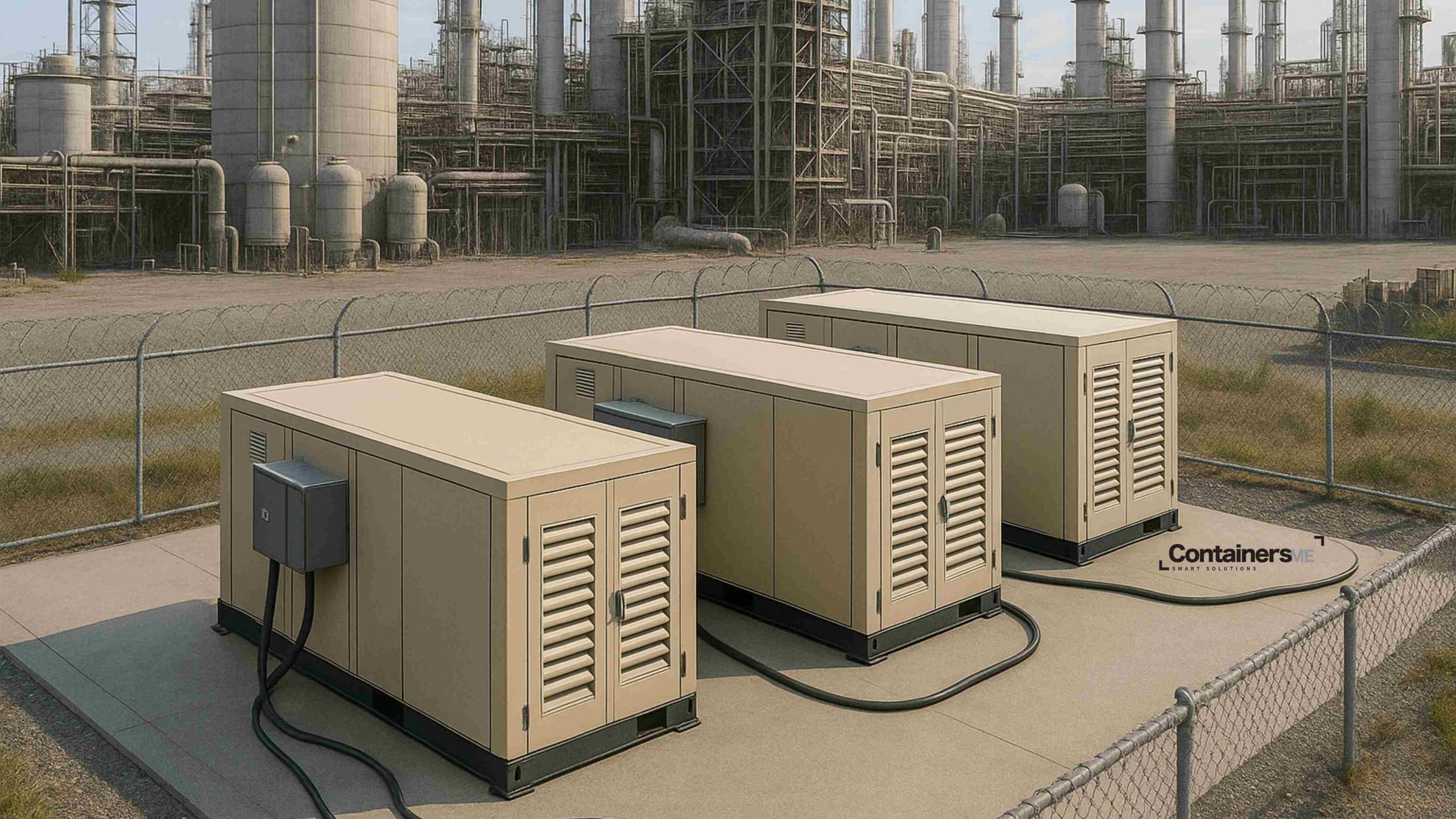
A container data center is a prefabricated, modular unit designed to house essential IT equipment, including servers, routers, power systems, and other components. These containers are designed for portability, scalability, and rapid deployment. Unlike traditional data centers, which require time-consuming construction and significant investment, modular data centers can be deployed quickly and are highly energy-efficient, making them a more affordable option.
Commonly referred to as modular data centers, these containers come with the necessary infrastructure for securing and organizing IT equipment. Their mobility makes them ideal for businesses that need to install IT infrastructure in multiple locations, and the ability to stack containers means you can expand your data center as needed.
Container data centers have proven particularly useful in industries affected by natural disasters, including sectors such as IT, telecommunications, government, healthcare, education, and media.
Military Applications of Container Data Centers
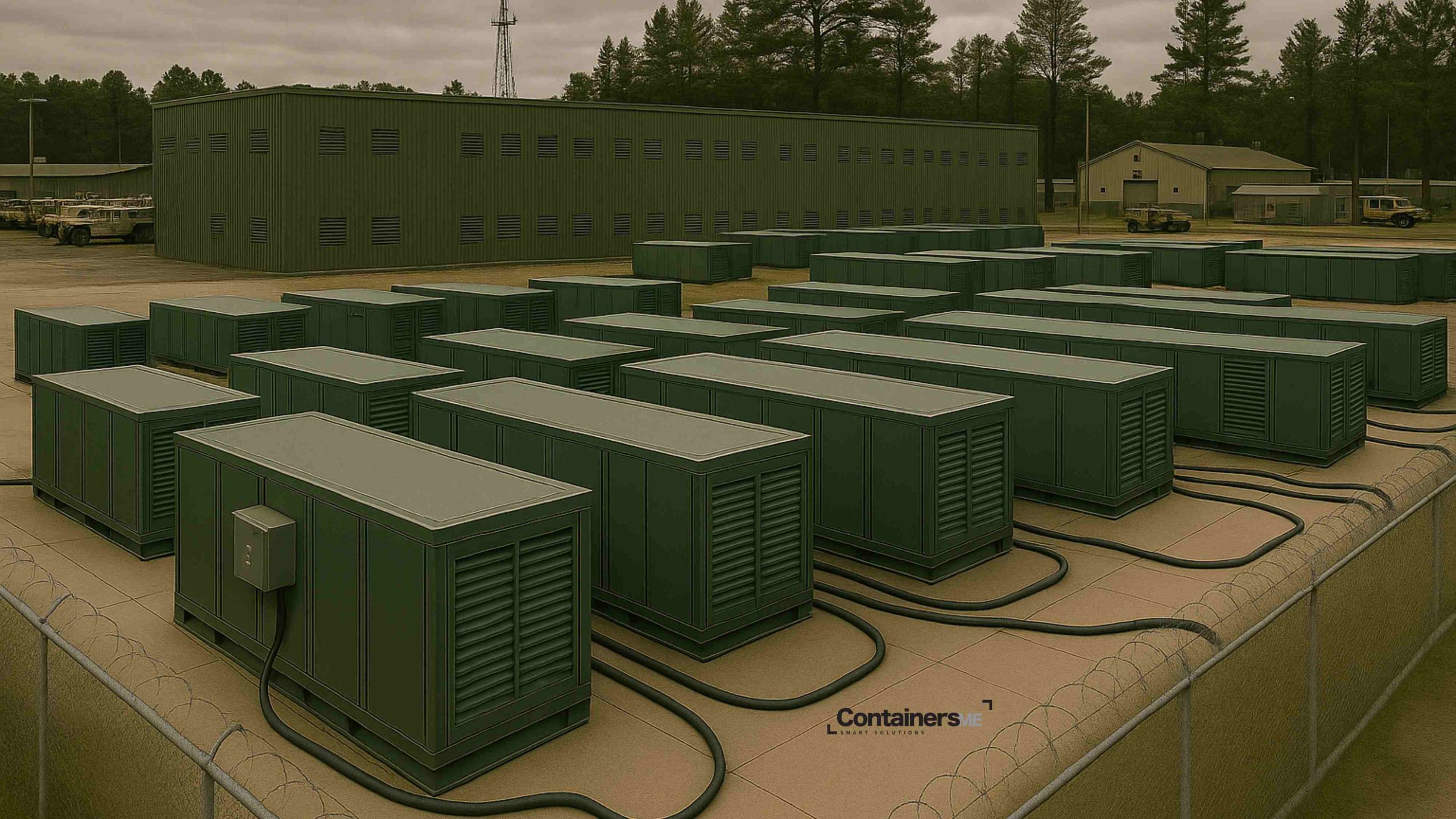
Mobile containers have gained popularity in military applications due to their robustness and versatility. They are cost-effective, quick to deploy, and can be easily modified to suit various needs, particularly in challenging environments such as sandstorms or freezing temperatures. Some common military uses for mobile containers include:
• Mobile Military Operations in Urban Terrain (MOUT) Training
• Portable Storage and Office Spaces
• Barracks and Housing Units
• Counter Improvised Explosive Device (IED) Training Facilities
• Data Centers for Critical Operations
Advantages of Container Data Centers
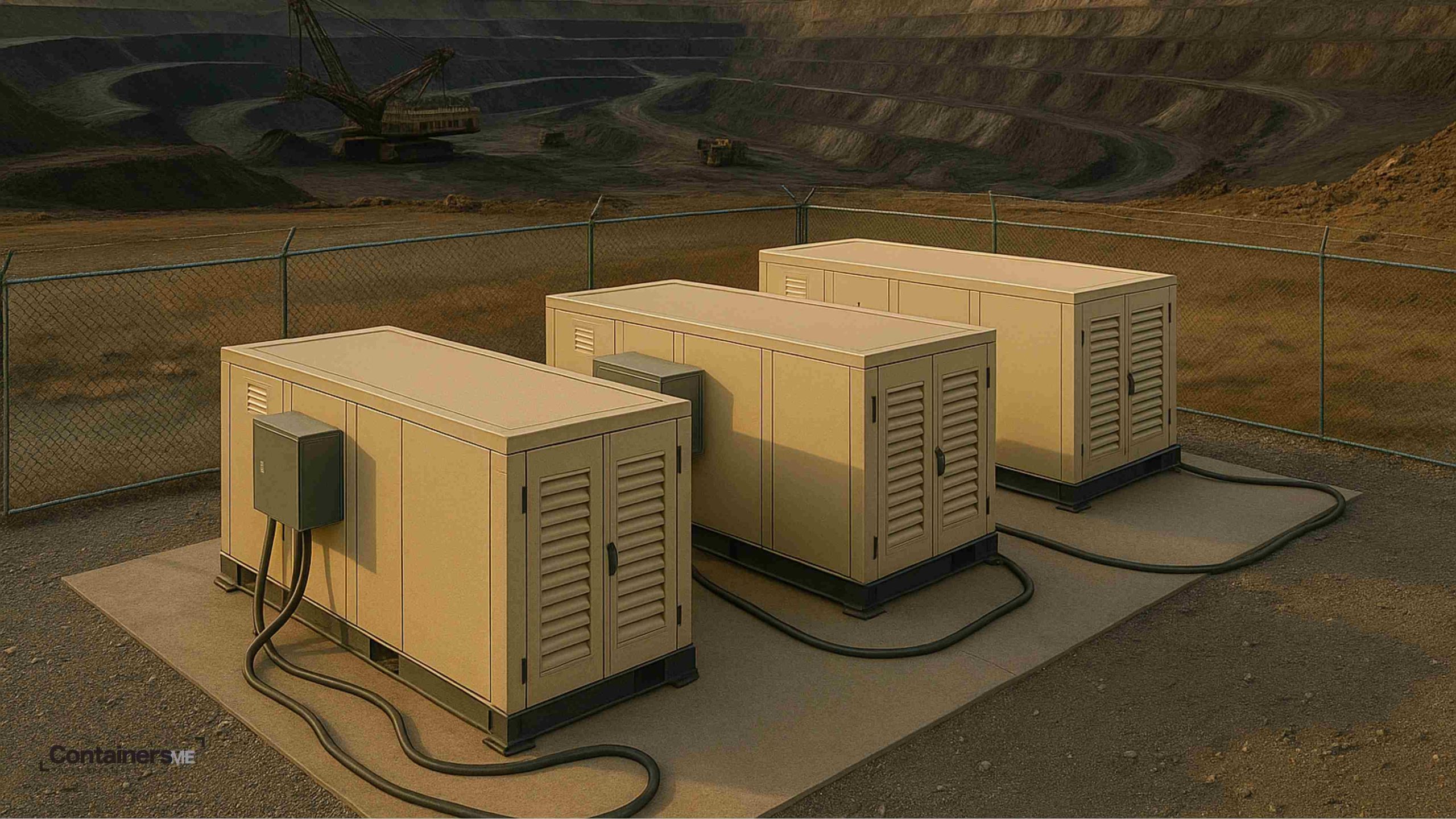
Space Efficiency: These mobile data centers are compact, requiring significantly less space than conventional data centers, regardless of location.
Quick Deployment: Pre-built and factory-tested, container data centers come with LED Lights and Air conditioning, allowing for rapid setup and minimal construction time.
Scalability: With a modular design, container data centers offer remarkable flexibility, enabling easy expansion or reconfiguration as business demands grow.
Energy Efficiency: Mobile containers are built with insulated sandwich panels, making them weatherproof and energy-efficient
Cost Efficiency: Unlike traditional brick-and-mortar data centers, modular, container units are prefabricated, which significantly lowers construction and operational costs.
Portability: These containers are easily transportable, making them ideal for temporary or remote operations.
Weather Resistance: The robust construction of mobile containers offers strong protection for IT infrastructure against harsh environmental conditions.
Easy Access: These units provide simple and convenient access for maintenance and daily operations
Traditional Data Centers vs. Containerized Data Centers
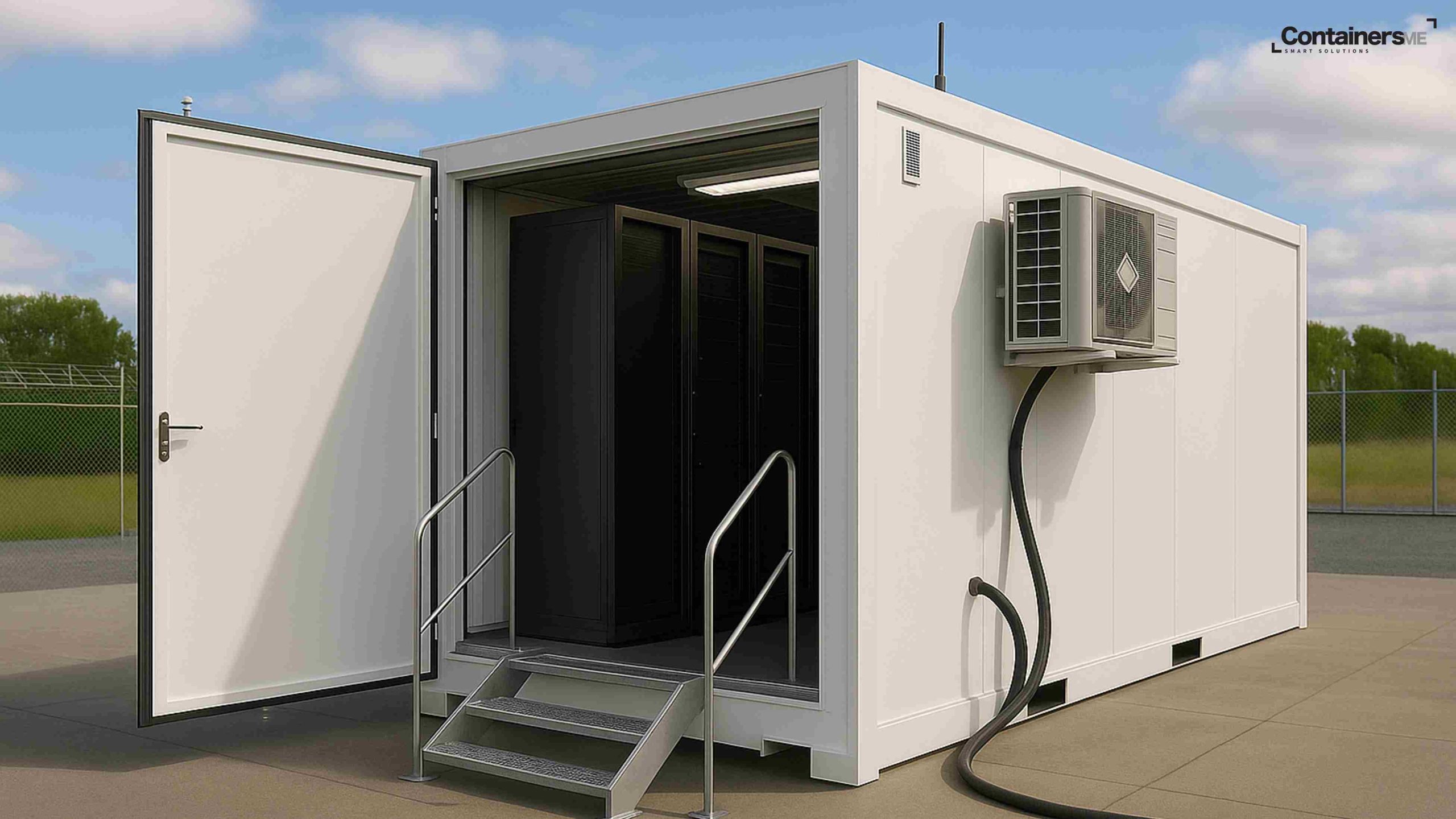
Container data centers provide greater flexibility and portability compared to traditional data centers. Their modular design enables scalability and facilitates the easy migration of data infrastructure as business needs evolve. The cost-effectiveness and rapid deployment of these systems can free up valuable space in existing facilities while offering the scalability needed for future growth.
Conclusion
Containerized data centers provide an efficient, scalable, and cost-effective solution for organizations that need to deploy and maintain critical IT infrastructure. With their portability, weather resistance, and ability to expand as required, these units offer a compelling alternative to traditional data centers. However, designing and operating a modular data center requires careful planning and technical expertise to ensure it meets the demands of your business. Container me offers a variety of high-quality mobile containers for sale or rent, ideal for building or upgrading your data center.

